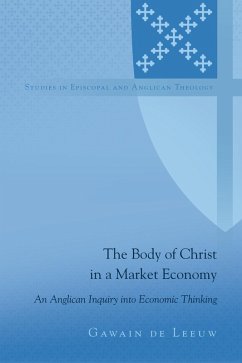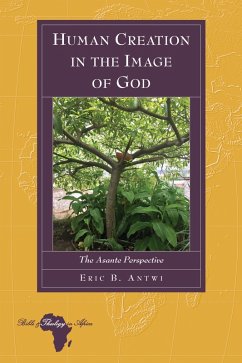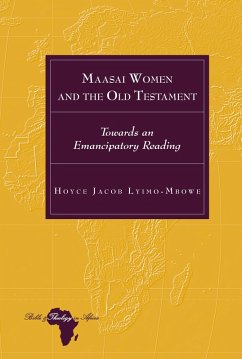
The Body of Christ in a Market Economy (eBook, PDF)
An Anglican Inquiry into Economic Thinking
Versandkostenfrei!
Sofort per Download lieferbar
Statt: 102,50 €**
79,95 €
inkl. MwSt.
**Preis der gedruckten Ausgabe (Gebundenes Buch)
Alle Infos zum eBook verschenkenWeitere Ausgaben:

PAYBACK Punkte
40 °P sammeln!
Holy Scripture and economists have distinct ways of exploring market networks. The Body of Christ in a Market Economy explains how desire connects scripture, economics, theological anthropology, and soteriology. By explaining the mechanics of desire and Jesus' saving grace, it becomes possible for churches and congregations to better align their networks for the common good within market economies. Rivalry is an expense. Follow Jesus or prepare to spend.
Dieser Download kann aus rechtlichen Gründen nur mit Rechnungsadresse in A, D ausgeliefert werden.







![Presupposition and [E]motion (eBook, PDF) Cover Presupposition and [E]motion (eBook, PDF)](https://bilder.buecher.de/produkte/68/68467/68467497n.jpg)





